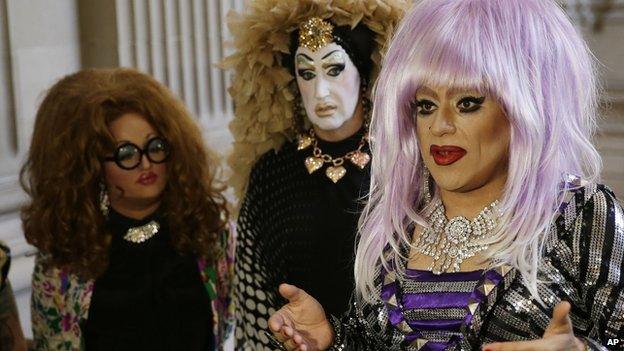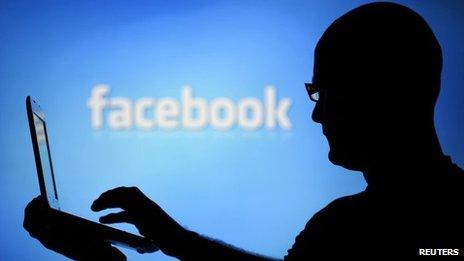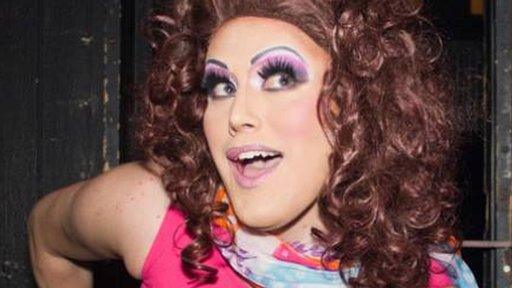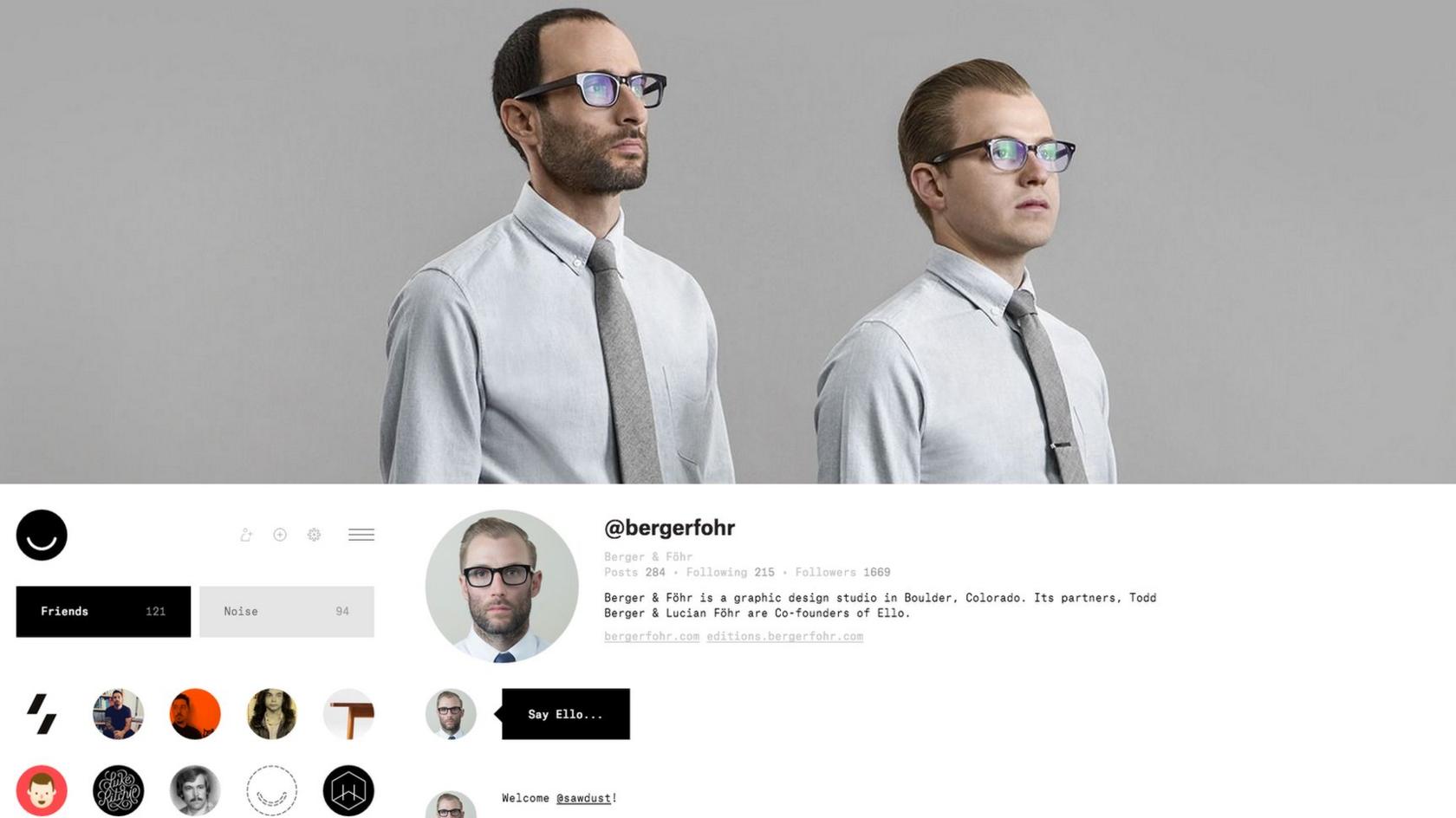Facebook apologises to drag queens over real name use
- Published

Drag queens in San Francisco now say they will turn a planned protest into a celebration
Facebook has apologised to transgender and drag queen users whose accounts were deleted for violating its policy on using "real names".
The company now calls for people to "use the authentic name they use in real life" on their Facebook profiles.
Several hundred accounts were flagged by a single user for contravening company policy last month.
Chief product officer Chris Cox acknowledged, external that the experience had been "painful" for those involved.
"I want to apologize to the affected community of drag queens, drag kings, transgender, and extensive community of our friends, neighbours, and members of the LGBT community for the hardship that we've put you through in dealing with your Facebook accounts over the past few weeks," he said.
'Room for improvement'
Mark Snyder, a spokesman for the Transgender Law Center, told the AFP news agency that a planned street protest on Thursday in San Francisco would now become a celebration.
"It was very clear that Facebook was apologetic and wanted to find solutions so that all of us can be our authentic selves online" he said.
He added that it was not just drag queens who had legitimate reasons to use assumed names online.
Judges, social workers, teachers, entertainers and victims of abuse were all justified in using aliases, Mr Snyder said.
Facebook has previously insisted that users of the site use their "real names" in order to avoid abuse and impersonation.
However, it now says that "the spirit of our policy is that everyone on Facebook uses the authentic name they use in real life".

Facebook has almost 1.3 billion active users
Facebook said that the issue surfaced when a single user reported hundreds of accounts belonging to drag queens and transgender users last month.
The company said it did not realise that drag queens in particular were being targeted because they were among several hundred thousand fake name reports being processed every week,
"We see through this event that there's lots of room for improvement in the reporting and enforcement mechanisms, tools for understanding who's real and who's not," Mr Cox said.
He maintained, however, that a policy of requiring authentic names was still, on balance, a good idea.
"The stories of mass impersonation, trolling, domestic abuse, and higher rates of bullying and intolerance are oftentimes the result of people hiding behind fake names", he said.
"For Sister Roma, that's Sister Roma. For Lil Miss Hot Mess, that's Lil Miss Hot Mess,'' he added, mentioning the names of two drag queens.
"We're already underway building better tools for authenticating the Sister Romas of the world while not opening up Facebook to bad actors."
- Published12 September 2014

- Published30 September 2014
